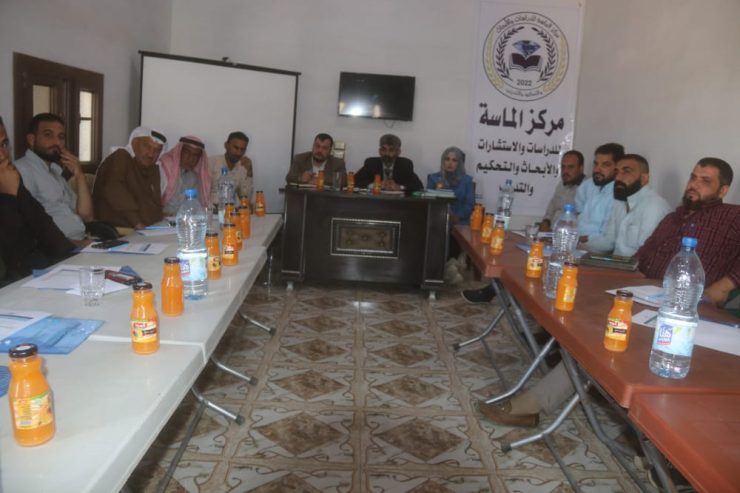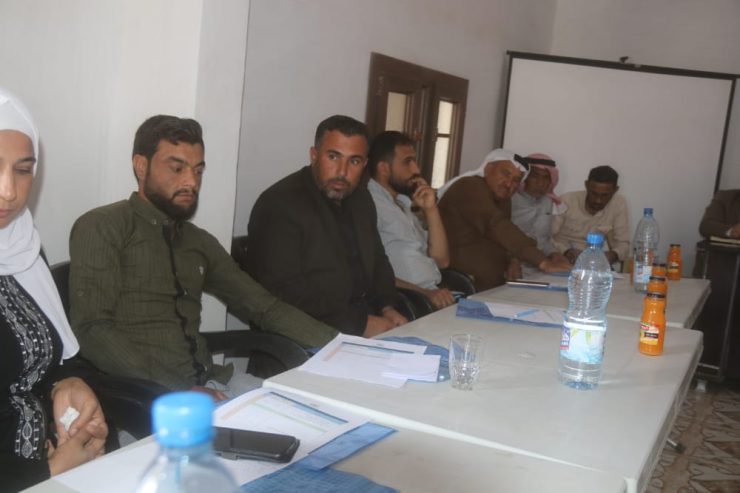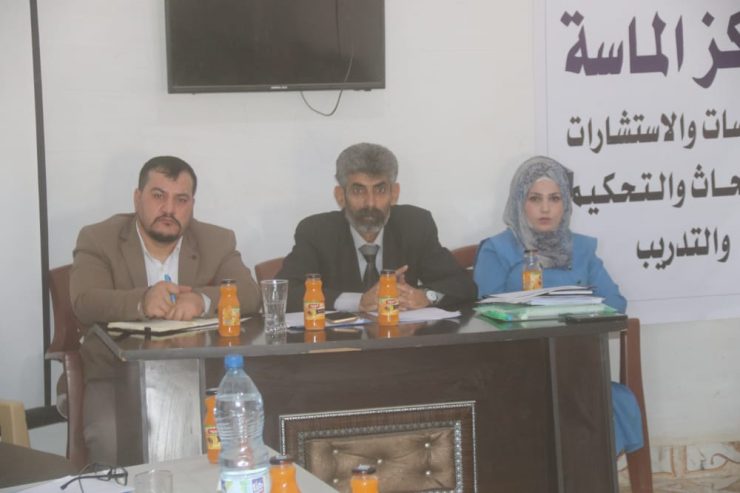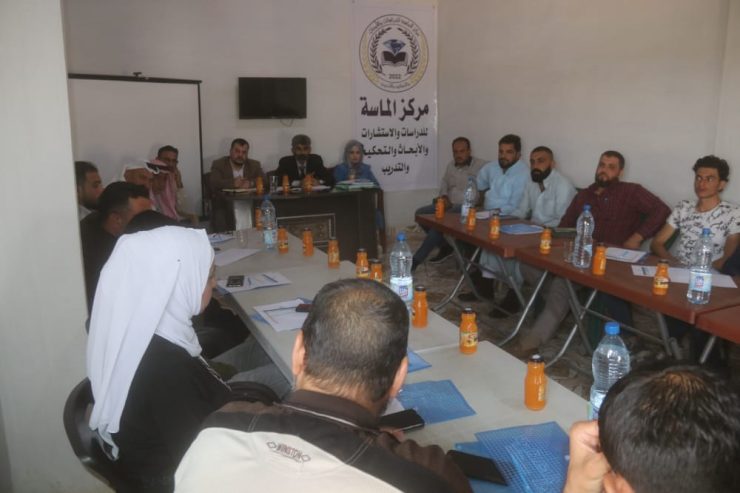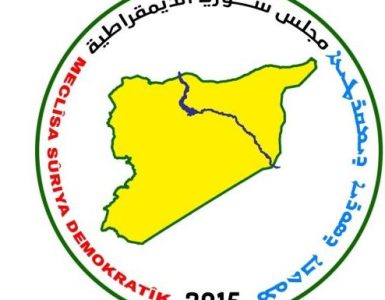The Syrian Democratic Council and Al-Masah Center for Studies organized a workshop in the presence and participation of active parties and civil society organizations in Deir ez-Zor and under the title “Civil Society Organizations and Political Parties and Their Role in Political Life”.
The workshop activities were begun with a speech by Mahmood Al-Farouq, the Chairman of Al-Masah Center for Studies, in which he spoke about political parties and civil organizations and their role in society and the importance of activating their roles, especially after what the region suffered during the period of the control of the terrorist organization (ISIS).
While a member of the Relations Committee of the Syrian Democratic Council (SDC) in Deir ez-Zor, Anas Marfoua, spoke about political life during the authoritarian authority at the time of outbreak of the Syrian revolution, and how the ruling Baath Party reduced political life through the National Progressive Front.
He shed light on the political life of the Syrian opposition entities and bodies, pointing to the loss of the Syrian people the opposition entities’ confidence in Turkey as a result of their adoption of ideas that contradict the nature of the Syrian people, such as extremism and “political Islam,” which made them affiliated to regional countries, especially Turkey, which made them a tool to achieve its interests in the region.
“There is no representative and bearer of the goals of the revolution, such as the Autonomous Administration of North and East Syria, as it has proven that it is a model that can be depended upon to achieve the aspirations of the Syrian people” Al-Marfoua continued.
He concluded his speech by mentioning the importance of the role of organizations and parties in the democratic transition as they are the infrastructure for any real democracy, and that civil society organizations have a great role in activating, organizing and participating of people in defense, demanding of their rights and confronting policies that affect their lives. He stressed that although civil society organizations do not engage in a political activity directly, however, there is a close link between civil society organizations and democratic transition.
During the workshop, the participants from parties and organizations presented a number of obstacles that hinder the activating of the role of parties and civil society organizations, such as the low level of political culture in society due to the years of authoritarianism practiced by Al- Baath Party and the fear of participation due to the fragile security situation and other obstacles.
The participants in the workshop made recommendations that would activate political life by strengthening the role of parties and civil society organizations, enacting laws regulating the relationship between them and the administration, the importance of keeping them as independent entities, emphasizing the feasibility of political awareness programs in society and other recommendations.


